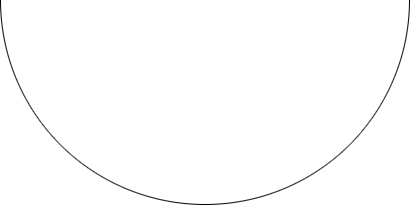 |
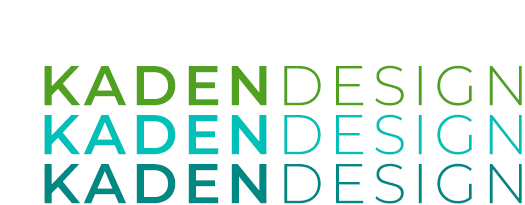 |
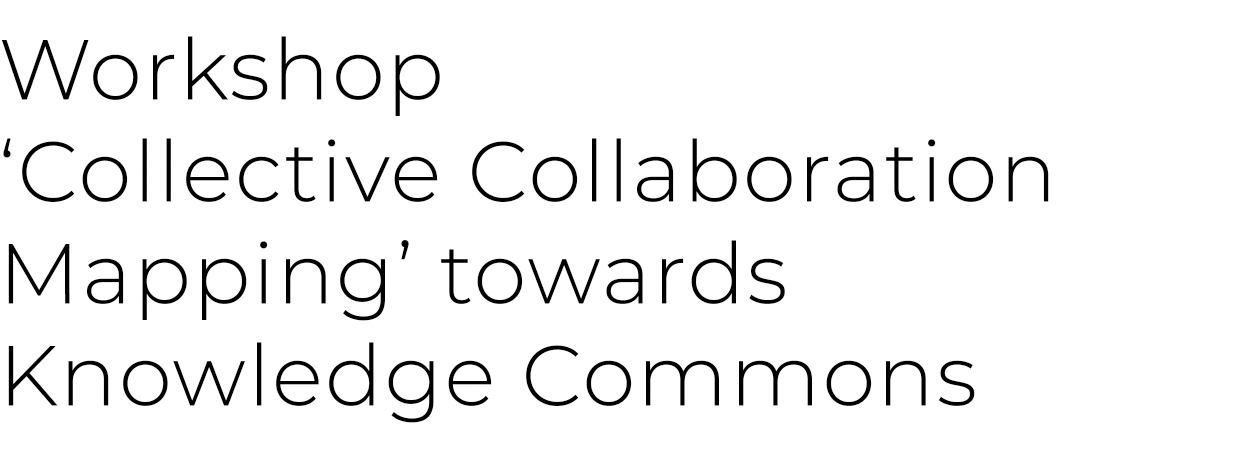 |
 |
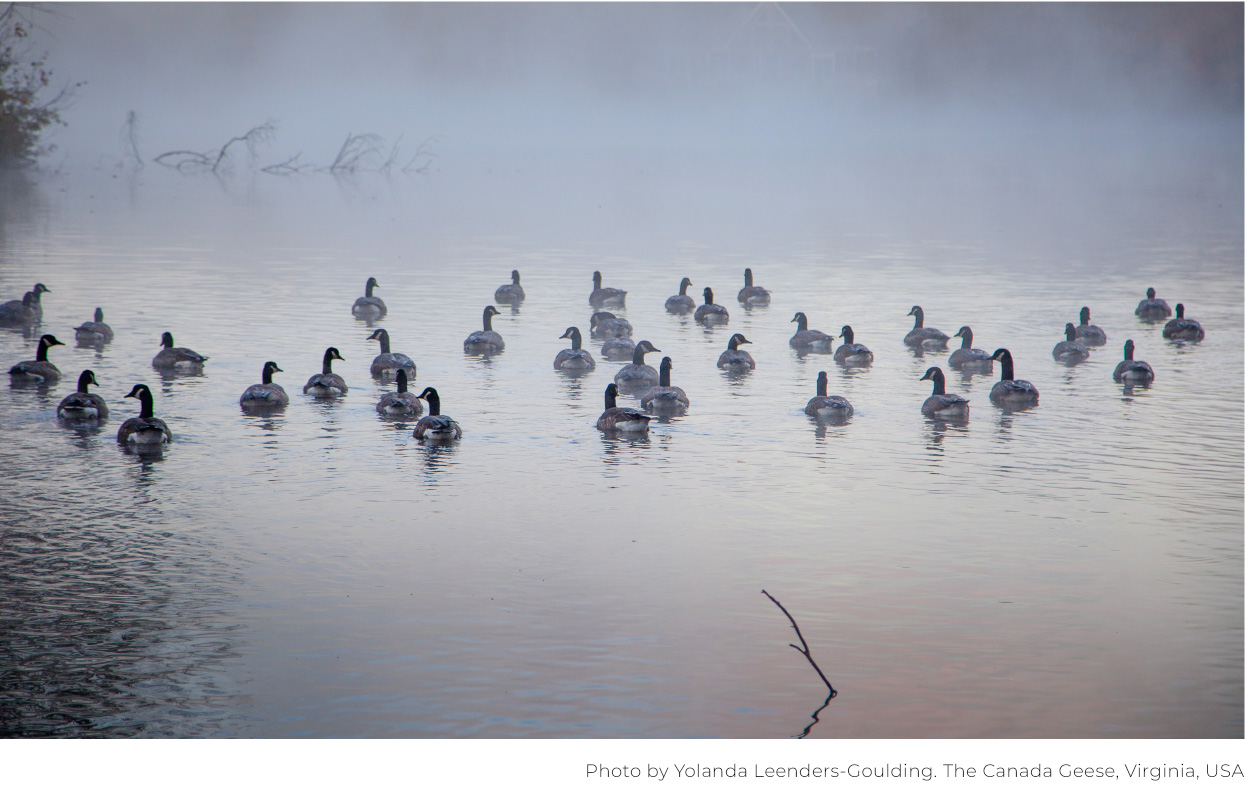 |
| WHY | The success of any design or research project that deals with
complex issues depends on the development of a shared understanding of the domain(s)
in question, between all stakeholders. Recognising the value of knowledge from
various sources such as personal experience, collected insights, theories, and
all forms of education is critical for tackling complex challenges. However,
exchanging and combining different perspectives and types of knowledge (e.g.,
information, ideas, experiences, insights, data) can prove to be a complex
endeavour. Therefore, it is important to design and closely monitor the
collaboration process, as the combination of different perspectives and types
of knowledge transforms the relationships, positions, and roles between
stakeholders. The co-creation of the collaboration process can benefit all involved and support people in the decision to work together, or not. Moreover, to ensure an effective, inclusive collaboration it is important to assess and evaluate the various types of knowledge to offer individual people, groups, and communities the chance to inform the design of the research process. Because this process involves the exchange of knowledge, critically analysing the experiences that are shared, in order to build ‘knowledge commons’. The ‘Collective Collaboration Mapping’ (CCM) Framework offers practical guidance to co-create collaboration to build ‘knowledge commons’ that contribute to complex issues. |
| WHAT | An interactive and in-person workshop of 3 hours where 20 participants will explore and evaluate the theoretical and conceptual CCM Framework. The CCM framework provides support for designers, researchers, groups of people, communities, and non-trained researchers to co-create an inclusive and transdisciplinary collaboration process by using the concept of touchpoints in the CCM Framework. Touchpoints allow for monitoring of emerging intermediate-level knowledge, thereby incorporating a multitude of perspectives to inform the collaboration process. The purpose of using touchpoints is to open up the design or research process by utilizing emerging insights (i.e., intermediate-level knowledge) from activities conducted during the design or research process, thus forming a knowledge network. This enables collective evaluation and enhancement of knowledge concerning the collaboration process, ensuring that all participants are given the opportunity to become equally engaged and committed. Hence, the framework is based on design methodologies and processes to facilitate collaboration from the bottom up. In order to study the collaborative process, the workshops context will focus on the early phases of a team design or science initiative to bring about enhancing or impairing factors. Workshop schedule - Welcome and introductions - Introduction of CCM Framework - Presenting the challenge of setting up a collaboration - Activity 1: Using the Sense-Making Touchpoint - Activity 2: Analysing the Sense-Making Touchpoint - Activity 3: Discussion and ethical reflection - Wrap up and follow up By the end of this workshop participants should have a better understanding of the complexities and opportunities for collaboration in an inclusive and transdisciplinary approach and the implications of co-creating collaboration using the CCM Framework in design or research projects. |
| WHO | The workshop is open to all people who work, or plan to work with participatory action research, community driven design, or any design or research project that requires working with different types of knowledge. The CCM Framework emphasizes the importance of inclusive and transdisciplinary collaboration for working together on complex challenges that impact society. All participants are required to informed consent to share their insights and feedback during the workshop for the purpose of writing a paper. |
| WHEN | October 13, 2024. At the NordiCHI conference in Uppsala Sweden. Please use the code: WS6 ” Collective Collaboration Mapping’ towards Knowledge Commons”. |
| APPLY | The NordiCHI 2024 conference will take place from October 13th until 16th, 2024. Please use the workshop code: WS6 ” Collective Collaboration Mapping’ towards Knowledge Commons”. |
| ORGANISERS |
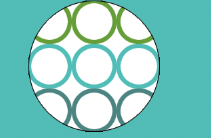 |
Catharina (Karin) van den Driesche is an independent researcher and founder of design agency KADEN DESIGN in the Netherlands and thesis instructor at the University of Amsterdam. She studied Fine arts (BA) at the St.Joost School of the Arts at the University of Applied Sciences of Breda, and she has a MA in Philosophy, Tilburg University. During her career she has been working in academia and in the creative industries as an UX designer and had her own company Filterdesign in User Centred Design (2004-2016). Karin worked for six years at the Applied University of Amsterdam as a lecturer/researcher in design methodologies. From 2020-2022 she worked at the DesignLab of the University of Twente where she created a framework 'Collective Collaboration Mapping' for an inclusive citizen science approach. Contact: info@kadendesign.nl KADEN DESIGN, The Netherlands. |
||||
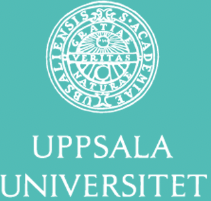 |
Åsa Cajander is a distinguished Professor of Human Computer Interaction at Uppsala University's Department of Information Technology, located in Sweden. With over 20 years of experience in participatory Action research involving diverse stakeholders, she has contributed significantly to the field. Her research expertise spans digitalization, gender, work and user centred design. For any inquiries, please feel free to contact her at asa.cajander@it.uu.se. Contact: asa.cajander@it.uu.se Uppsala University, Sweden. |
| Welcome to this site! We only serve cookies when we meet in person :-) C. of C./KvK: 90001087 - VAT/BTW: NL004784016B95 Copyright © 2023 KADEN DESIGN |
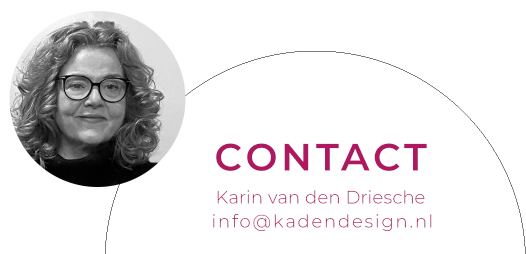 |